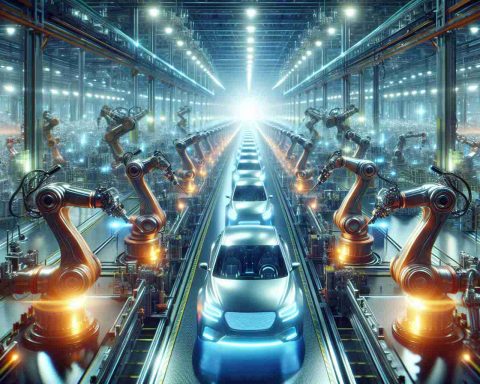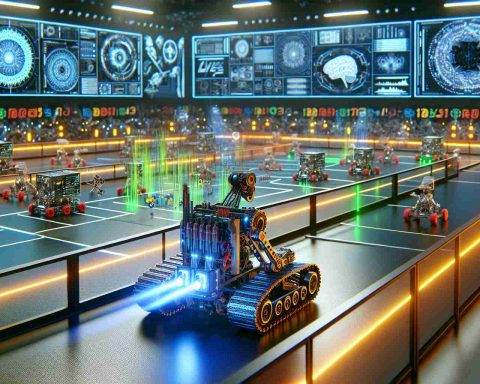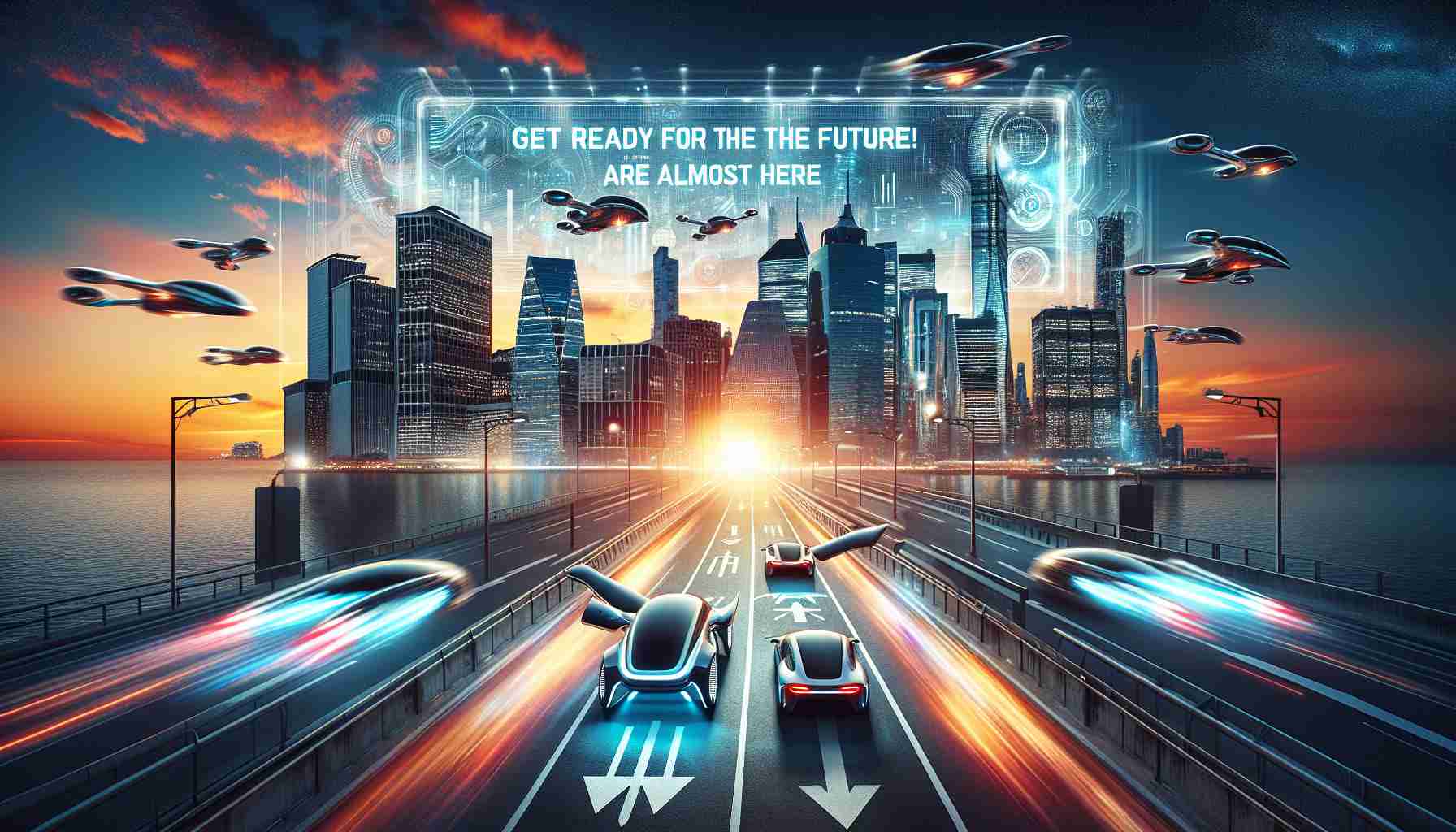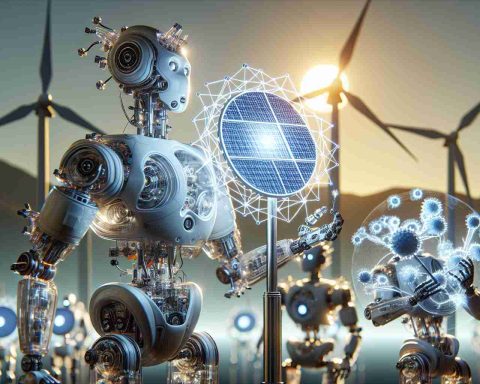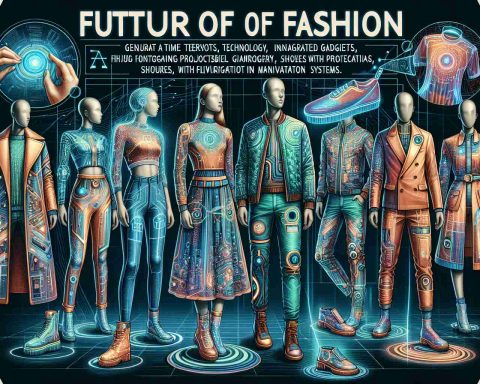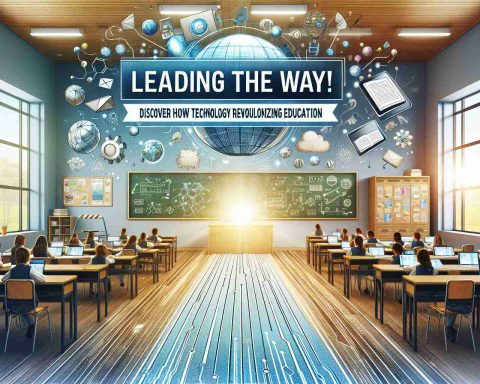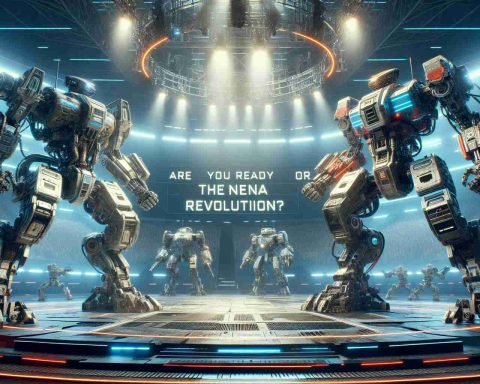ABB Robotics has made a bold claim in the realm of industrial automation. In Zurich, Switzerland, the company has named T-Robotics and Mbodi as the standout winners of its prestigious 2024 ABB Robotics AI Startup Challenge. This initiative attracted a diverse field of over 100 innovators, each aiming to redefine automation technology.
ABB’s president emphasized the pressing need for sophisticated yet user-friendly AI solutions. T-Robotics is at the forefront with its cutting-edge physical AI models that allow operators to control robots using natural conversation. This innovative tech significantly streamlines programming processes, enhancing the precision and adaptability of robots in varied manufacturing tasks.
Meanwhile, Mbodi is making waves with its real-time AI learning platform. This system enables robots to quickly adapt to new tasks via written or spoken instructions. Such advancements are crucial for companies focused on agile solutions, especially in high-mix, low-volume production settings.
The winners of the challenge are set to receive $30,000 in funding and direct collaboration with ABB’s experts. Alongside this, they will gain access to SynerLeap, ABB’s startup accelerator, paving the way for commercial launches in 2025.
Through its Robotics & Automation Ventures initiative, ABB is committed to supporting and investing in groundbreaking startups. This effort is part of their broader mission to foster innovation and drive sustainable development in the industrial sector.
Innovations in Industrial Automation: ABB Robotics’ AI Startup Challenge 2024
Overview of the ABB Robotics AI Startup Challenge
ABB Robotics has recently concluded its 2024 AI Startup Challenge, highlighting significant advancements in industrial automation technology. With over 100 participants, the competition showcased innovative approaches to integrating artificial intelligence into robotic systems. The two standout winners, T-Robotics and Mbodi, have shown potential to transform the operational landscape for manufacturers seeking efficiency and flexibility.
Key Features of the Winning Solutions
1. T-Robotics: Natural Language Control
T-Robotics introduces groundbreaking physical AI models that empower operators to control robots through natural language. This user-friendly interface simplifies the programming process, allowing operators to engage with their robotic systems more intuitively. This innovation not only reduces the time needed for training staff but also enhances the adaptability of robots across different manufacturing tasks.
2. Mbodi: Real-Time AI Adaptation
Mbodi offers a cutting-edge real-time AI learning platform that enables robots to adapt swiftly to new instructions, whether given in written or spoken form. This adaptability is particularly valuable in environments characterized by high mix and low volume production, where quick shifts in manufacturing tasks are common. Companies employing such technologies can better respond to market demands and improve overall operational agility.
Funding and Support for Innovation
As part of the challenge, both T-Robotics and Mbodi will receive $30,000 in funding to help accelerate their developments. They will also benefit from collaboration with ABB’s experts, which will provide critical guidance and insight into refining their technologies. Access to SynerLeap, ABB’s startup accelerator, further enhances these companies’ prospects, facilitating their path toward commercial launch in 2025.
Trends in Robotics and Automation
The focus on AI-driven solutions in robotics reflects a broader trend in industrial automation toward increased flexibility and efficiency. Manufacturers increasingly seek smart technologies that can respond dynamically to changes in production needs. This trend highlights the importance of user-friendly interfaces and real-time adaptability, paving the way for innovations that can effectively bridge the gap between human operators and automated systems.
Pros and Cons of AI in Industrial Automation
Pros:
– Enhanced efficiency through natural language interfaces.
– Improved flexibility and rapid adaptation of robotic tasks.
– Reduced training time and operational costs.
Cons:
– Dependence on robust AI algorithms; potential for limitations in understanding complex tasks.
– Initial investment costs for implementing new technologies.
– Need for continuous updates and maintenance of AI systems.
Conclusion: The Future of Robotics in Industry
ABB’s commitment to fostering innovation through initiatives like the AI Startup Challenge demonstrates a focus on sustainable development in the industrial sector. The entries from T-Robotics and Mbodi are promising, offering glimpses into the future of manufacturing where automation and artificial intelligence coalesce seamlessly. As these technologies evolve, they will continue to redefine efficiencies in production processes.
For more insights into robotics and automation trends, visit ABB.






